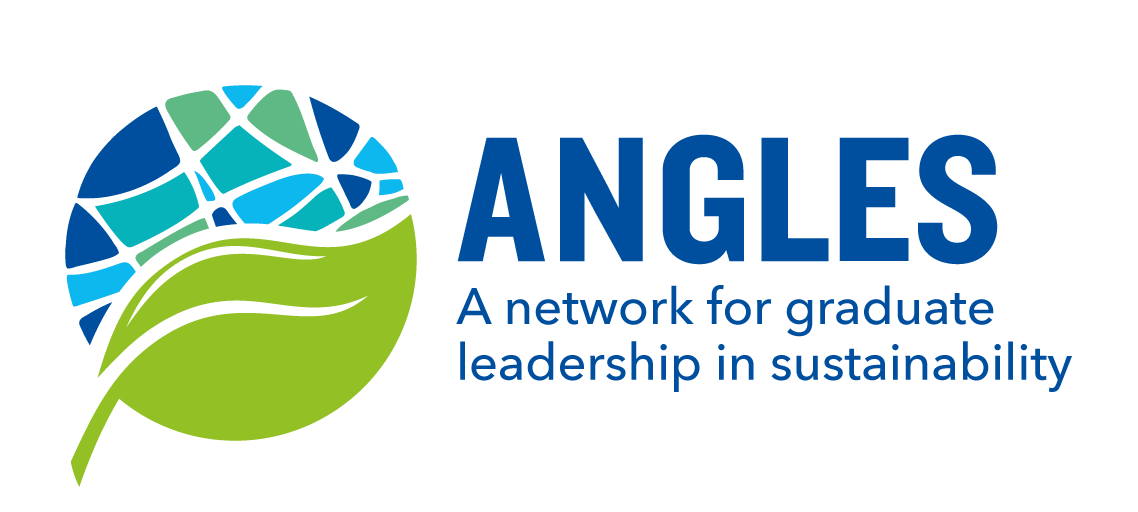Our History
The Start of an International Network of Practitioners and Scholars
The Leopold Leadership Program in partnership with the Boreas Leadership Program at the Institute on the Environment at the University of Minnesota, convened a meeting from February 9-11, 2017 of approximately 20 program staff, graduate students, and faculty champions from 13 institutions who are engaged in developing and delivering graduate leadership training in the U.S. and Canada. The purpose was to explore the need for such training, obstacles to providing it, and interest within the group in forming and providing concrete support for a resource exchange network on graduate leadership training. ANGLES is currently administratively housed at the School of Global Environmental Sustainability at Colorado State University.
Our Context
Working in the Landscape of Graduate Education
Efforts are emerging at many universities to develop graduate student leadership, but they are developing independently and not benefiting from shared learning. Now is a strategic time to connect programming, the people offering it, and students engaging in it to increase effectiveness and impact.
This initiative is needed for three reasons:
Diverse Career Paths
Graduate students are pursuing diverse career paths and applying expertise in different contexts.
Interdisciplinary Leadership
Navigating the institutions of science and inquiry requires savvy leadership as scientists work in more complex teams across disciplines and sectors.
Deep Expertise & Leadership Capacity
Making progress on sustainability challenges depends on people who have both deep expertise and leadership capabilities. Leadership development responds to these trends by preparing graduate students to connect knowledge to action in transdisciplinary contexts to make progress on the grand challenge of sustainability.
Our Values
What Guides Us
- Student-focused: Students are at the center of our work.
- Inclusivity and diversity: We value diverse people, experiences, and perspectives. We work to be inclusive of different kinds of diversity.
- Generosity/Open-source: We are committed to sharing materials, knowledge, learning, and support in an open way that facilitates transformation.
- Collaboration: We prioritize connecting knowledge to action across sector and discipline boundaries. Collaboration is a key component of effective transdisciplinary work.
- Civic-mindedness: We value advancing the common good through our approach to leadership.
- Empowerment: Many people are needed to make a better future. We aim to help students realize their own power and potential.
- Leadership as practice: Students can get better at leadership by acting as leaders, reflecting on their experiences, and working to improve.
- Relationship building: Creating and maintaining relationships is the foundation for the success of our work.
- Collective expertise: Addressing sustainability challenges demands many kinds of expertise. The expertise needed to handle these challenges is not located in one person, program, organization, or sector.
